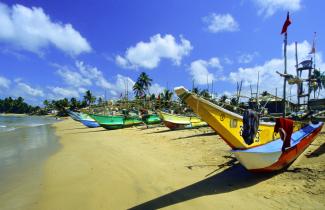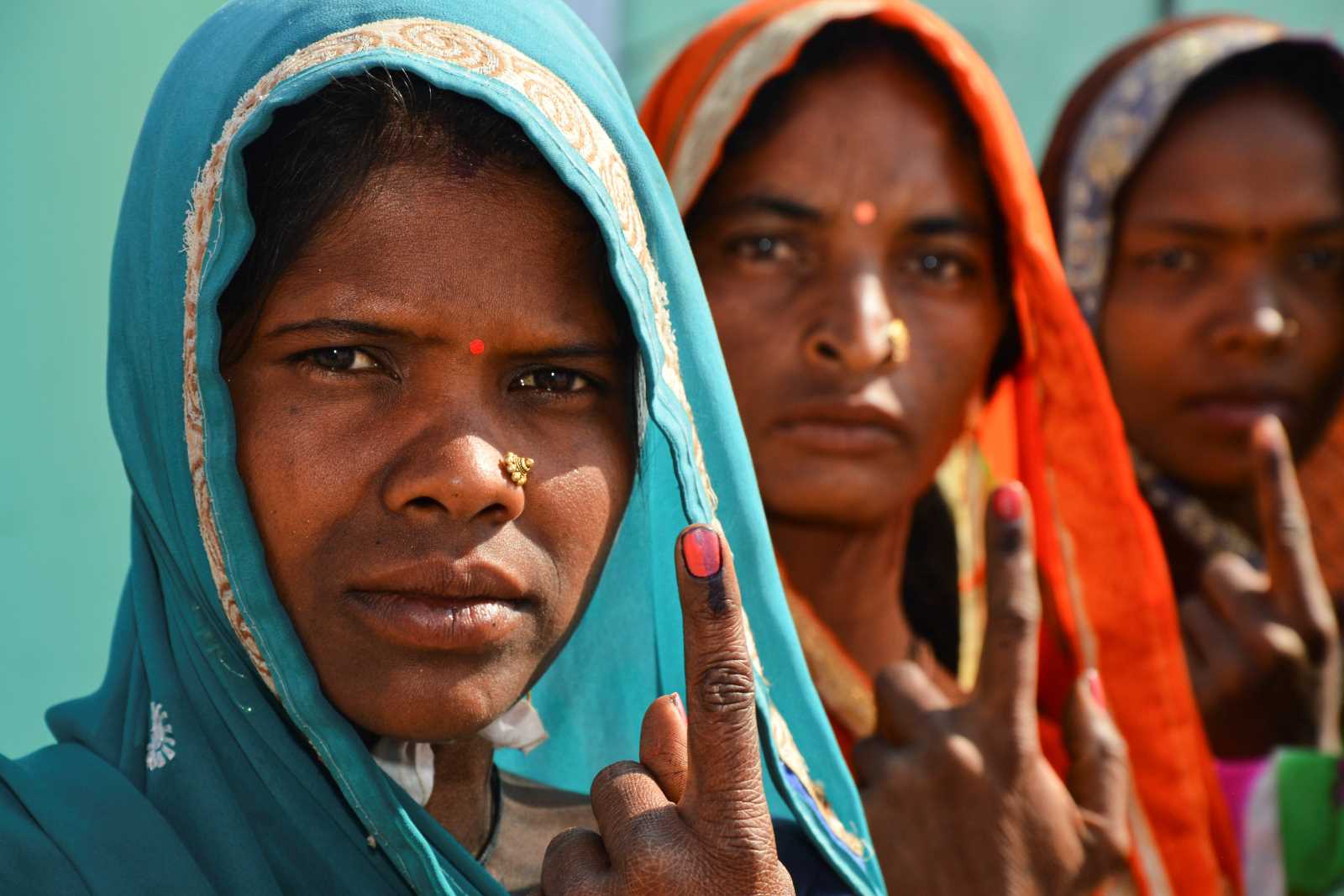Tourism
People-friendly and environmentally acceptable

Even though most holiday packages are not yet certified, a veritable jungle of certificates – more than 100 in all – exists. It is high time to introduce a basic and registered label similar to the one the EU has introduced for organic products. Such a label should indicate that a certain product meets minimum standards of sustainability.
A booklet published by several organisations assesses the current situation.
A good source for travellers who want information concerning development-friendly tourism is the website of the “Roundtable Human Rights in Tourism”. The Roundtable is a joint initiative launched by NGOs and tour operators committed to implementing a concept of due diligence concerning human rights, based on the UN Guiding Principles on Business and Human Rights.
In Germany, the TourCert label indicates that a tour operator has an independently verified sustainability management system and is continuously improving its environmental and social performance. Currently, 68 tour operators carry this internationally recognised label. (am)
Links:
Label guide:
Tourism-watch.de/files/nfi_tourismus_labelguide_zweite_auflage__eng_web_0.pdf
Human rights in tourism:
http://www.humanrights-in-tourism.net
TourCert:
http://www.tourcert.org













